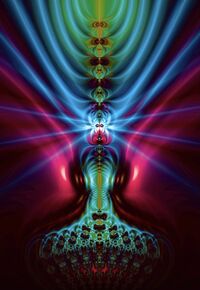Discover affordable psychedelics and Ozempic for weight loss. Overcome anxiety & depression with therapist-guided support. Free shipping over $200. Shop now!
Open mobile app
Hell's Kitchen24h/7
Hello! Need help?
Don’t worry, I’ve got you. Tell me what’s up, and I’ll be happy to assist 💁
